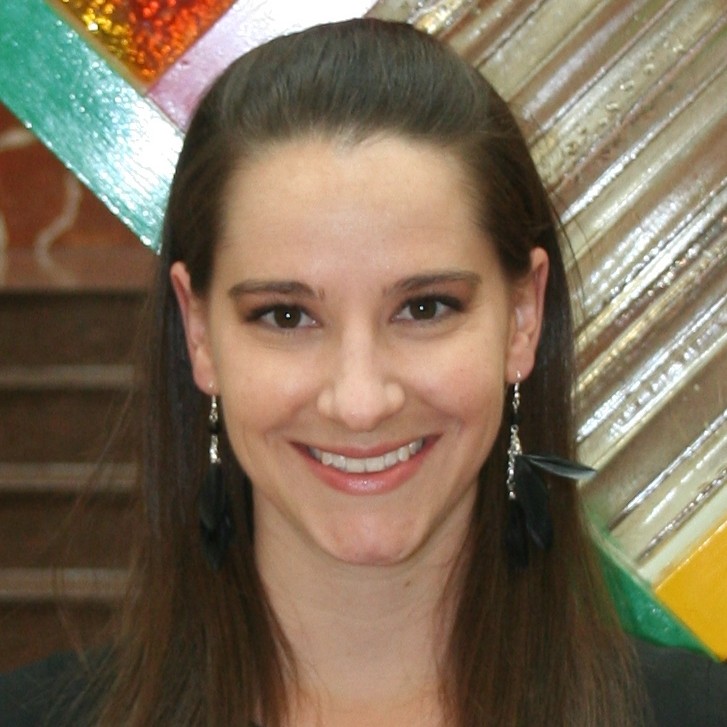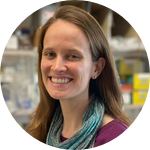About This Project
Much of Africa's plants have not been studied. As a non-profit, SynBio4ALL aims to study plant biodiversity in combination with emerging technology to educate and inspire future African scientists. We will craft a Plant Synthetic Biology curriculum and, together with students, will explore African native plants based on their biodiversity importance. Finally, we will conduct whole-genome sequencing of native plants to identify beneficial traits.
Website: SynBio4ALL Africa
Ask the Scientists
Join The DiscussionWhat is the context of this research?
Despite the vast and diverse biological resources in the African continent, the frontier biotechnological education remains challenging due to lack of relevant curriculum and research facility. SynBio4ALL Africa is a non-profit initiative aimed to advance synthetic biology literacy across the African continent. From student final projects in our Microbial SynBio Course in 2024, our students were highly interested in plant-related research. However, we struggle to support them since plant SynBio education material is scarce globally.
Thus, we gathered enthusiastic volunteers in Plant SynBio to craft this new curriculum. We want to explore the rich biodiversity landscape of native African plants during the course and identify candidates for whole-genome sequencing. Our volunteers in Africa will collect materials and conduct necessary sample preparation for the whole class to further work on data analysis.
What is the significance of this project?
Building on our network among African students and universities and prior experience offering online courses and open-sourcing the educational materials (e.g. homework and lectures), we will create new educational resources for plant synthetic biology. We will also create a new dataset, the full genome sequence of a native plant, that can benefit the scientific community, provide hands-on experience to students, and highlights the biodiversity of the African continent, where limited resources leave much of the region under-explored.
In addition to the educational materials, in-class student interactions, and hands-on experience handling data, this provides a cutting-edge research opportunity for undergraduates at African universities. Such opportunities, especially in engineering biology and plant biology, are extremely lacking in the African continent. Moreover, the rich biodiversity of the continent and the economic importance of agriculture, make this a key area of investment.
What are the goals of the project?
The goal of this project is to showcase the scientific research through lectureship, experimental design, and hands-on execution.
We will plan a virtual 6- to 10-week course focusing on plant synthetic biology with emphasis on native African plants. During the course, students and instructors will work together to navigate the diversity of plants in Africa, particularly on biodiversity characteristics, industry relevance, and challenges for whole genome sequencing.
On the selected plant, our in-person volunteer will acquire the raw materials and prepare the samples appropriate plant whole-genome sequencing service and ship to international service provider. The bioinformatic tasks will be carried out together as a partnership between students and instructors.
Finally, the novel genomic data will be analyzed according to the plan curated during the class and open-sourced as world-wide resources.
Budget
Zoom platform: $150 for annual subscription and $160 for two months of webinar service
Plant whole genome sequencing: $6000
Raw Materials and Reagents cost: $2500
Wages for in-person volunteer: $1000 to be distributed to African volunteers who conduct sample preparations.
Lectures will be distributed and recorded over Zoom, with the annual and webinar subscriptions allowing participation for a larger (<100) number of registrants. Whole genome sequencing facilitates the educational experience by providing students with hands-on experience in both (1) sample collection and (2) data analysis. The produced data can also be deposited in a public repository to benefit other researchers and fill possible gaps for African plants. This experiment requires funds for the sequencing, sample preparation reagents, and in-person labor.
Endorsed by
 Project Timeline
Project Timeline
We plan to draft the curriculum and recruit volunteer for the course during the first half of 2025. Then, we will host the 6-10 weeks lecture soon after.
Lectures will focus on the state-of-the-art technologies in plant SynBio and potential of native African plants. During the class, we will identify native plants for whole-genome sequencing in which their genome could open the door to new knowledge and technologies in Africa and Global communities.
Jan 13, 2025
Project Launched
Jan 30, 2025
Project Launched
Jun 06, 2025
Announcement of the Plant SynBio Course Registration
Jul 07, 2025
Launch the Plant SynBio Course
Aug 25, 2025
Identify native plant candidates for whole-genome sequencing tasks
Meet the Team
Team Bio
SynBio4ALL Africa is an initiative to make synthetic biology accessible to all African students. We provided free educational resources and virtual mentoring to African researchers. The team is composed of diverse international volunteers with enthusiasm in Synthetic Biology and Education who aspire for the equitable learning opportunity for everyone.
Cholpisit Kiattisewee
International volunteer and founding members of SynBio4ALL Africa initiative with expertise in Synthetic Biology
Currently a postdoc at Massachusetts Institute of Technology, USA
Pratchaya Pramoj Na Ayutthaya
International volunteer of SynBio4ALL Africa initiative with expertise in Plant-Microbe Interaction
Currently a PhD student at Max Planck Institute for Plant Breeding Research, Germany
SEBUNYA EMMANUEL KATO
Founder SynBio4ALL Africa initiative.
Currently Masters Student in BioHealth Engineering at University Grenoble Alpes, France.
Kimberley Tanatswa Muchenje
International volunteer of SynBio4ALL Africa initiative with expertise in Plant Synthetic Biology
Currently a PhD student at California Institute of Technology, USA
Heidi Klumpe
Heidi is curious about how higher-level multicellular functions arise from protein-protein interactions. During her PhD with Dr. Michael Elowitz at Caltech, she studied how highly similar signaling proteins important in mammalian development flexibly encode non-redundant pathway inputs, via their competitive binding of a shared pool of cell surface receptors. She is now a Damon Runyon Postdoctoral Fellow in Dr. Ahmad (Mo) Khalil and Dr. Mary Dunlop’s groups at Boston University, exploring how engineering adhesion molecules affects overall aggregate properties and long-term stability, providing tunable platforms for multicellular synthetic biology.
Additional Information
Some of our founding members were initially from Makerere University in Uganda which are willing to support the in-person tasks for sample collection and processing upon request.
Project Backers
- 13Backers
- 100%Funded
- $9,810Total Donations
- $754.62Average Donation






